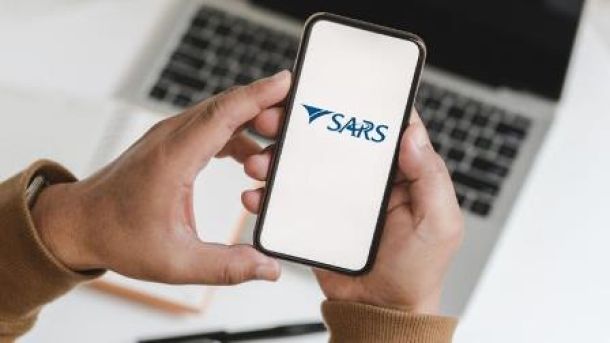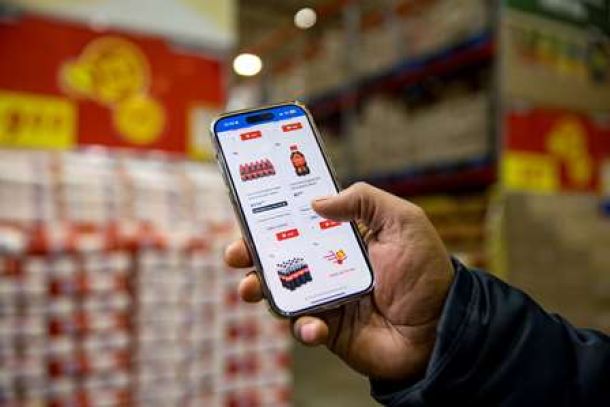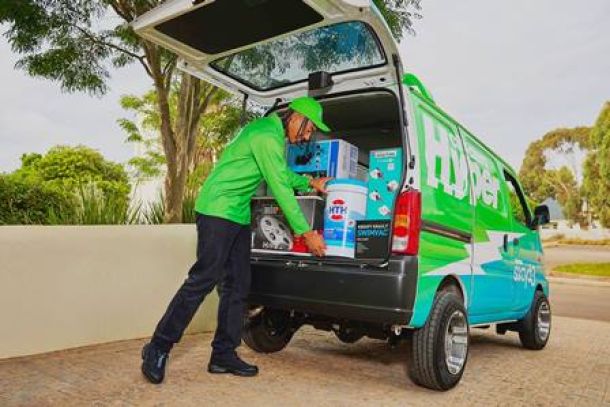Philip Morris SA urges exemption for new product
Philip Morris SA has urged the government to create exemption in its new tobacco bill that would enable it to provide consumers information about its heated tobacco product, IQOS.
The Control of Tobacco Products and Electronic Delivery Systems Bill, gazetted for public comment on May 9, contains provisions that prohibit all tobacco product advertising.
If enacted in its current form, it would prevent Philip Morris from providing consumers with information about IQOS, said Neetesh Ramjee, head of corporate affairs for reduced-risk products, on Monday.
"The current legislation allows the minister to exempt certain products. It would make sense to insert this clause into the new bill. If we don’t have this mechanism, people will stay on cigarettes," Ramjee said.
About 7-million South Africans are smokers, he said.
Current tobacco legislation permits Philip Morris to provide smokers with information about IQOS, for example, in leaflets attached to cigarette packets, said Ramjee. Under the new bill, this would be prohibited.
"Eventually we want to get out of the cigarette business.
"We are trying to provide alternatives that will meet people’s needs," he said, noting that Philip Morris anticipated a high percentage of the people who switched to IQOS would stay on the product forever.
Philip Morris, which makes the well-known brand Marlboro, has invested more than $4.5bn in the past decade developing smoke-free products such as IQOS, which it said are less harmful than conventional tobacco products.
The device heats small sticks of processed tobacco to 350°C, which is hot enough to release vapour but not hot enough to burn. It came to SA in April 2017 and targeted the well-heeled market: a starter-pack retails at about R950 and contains the heating device and 10 packets of tobacco sticks.
A packet of 20 IQOS sticks sells for slightly less than the R40 retail price of a pack of premium cigarettes, said Ramjee.
The new bill paves the way for stringent tobacco laws that will for the first time bring e-cigarettes into the regulatory fold. E-cigarettes are unregulated because, instead of tobacco, they contain cartridges filled with nicotine.
Philip Morris said it is seeking legislation that draws a distinction between conventional tobacco products, such as cigarettes, and those that pose less of a risk to consumers.
The World Health Organisation has welcomed the bill, saying that it was consistent with SA’s obligations under the Framework Convention on Tobacco Control and brought the country back to the forefront of international tobacco control best practice.
The WHO said that the emissions from heated tobacco products and e-cigarettes contained toxins, metals, nicotine and other harmful and potentially harmful substances.
"Evidence to date suggests that [they] generally contain lower levels of toxic substances found in cigarette smoke, but there is insufficient independent scientific evidence to conclude that they are less harmful than conventional tobacco products," the WHO said in a statement.
News Category
- International retailers
- On the move
- Awards and achievements
- Legislation
- Wine and liquor
- Africa
- Going green
- Supplier news
- Research tools
- Retailer trading results
- Supply chain
- Innovation and technology
- Economic factors
- Crime and security
- Store Openings
- Marketing and Promotions
- Social Responsibility
- Brand Press Office
Related Articles

Two local businesses see a gap as food and groc...

SARS launches WhatsApp channel to help check ta...

Shoprite launches online shopping and bulk deli...

Sixty60 promises lightning-fast delivery of 10 ...


